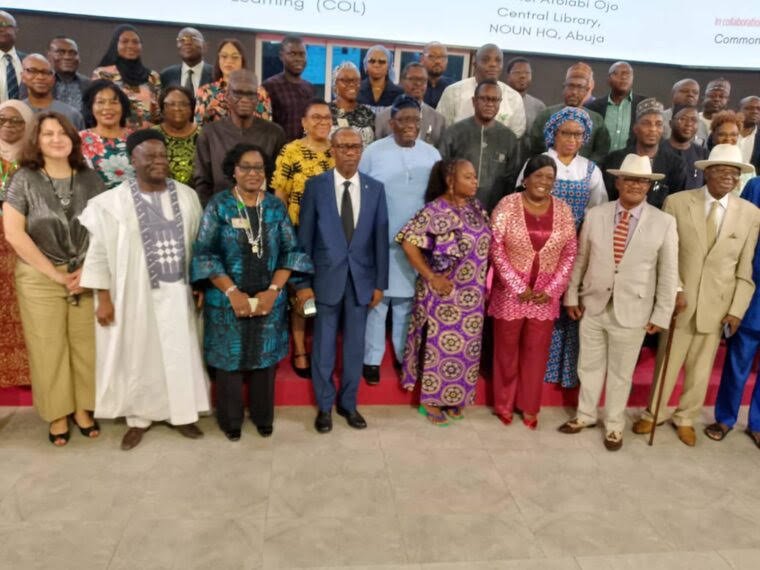The National Open University of Nigeria (NOUN), in partnership with the Commonwealth of Learning (COL), has launched a workshop in Abuja to develop a national framework for micro-credentials aimed at tackling youth unemployment and skills gaps.
Speaking at the event on Tuesday, NOUN Vice-Chancellor, Professor Olufemi Peters, described micro-credentials as “no longer optional but urgent,” calling them a vital alternative to Nigeria’s traditional academic routes. “We must rethink how we certify knowledge and skills,” he said. “Micro-credentials are accessible, flexible, and directly aligned with labour market demands.”
Director of NOUN’s Regional Training and Research Institute for Open and Distance Learning (RETRIDOL), Professor Christine Ofolue, highlighted the need for a continent-wide policy to allow for cross-border recognition of micro-certificates.
“Credential recognition across African borders is currently difficult,” she noted.
In a recorded message, COL President, Professor Peter Scott, described micro-credentials as essential in today’s fast-changing workforce. “They offer flexible pathways to professional growth and help close skills gaps,” he said. “But they must follow shared standards and be transferable across institutions, industries, and borders.”
Also speaking, Dr. Roland Kouakou of the ECOWAS Commission stressed the importance of regional educational mobility. “With micro-credentials and a working credit transfer system, a certificate earned in Nigeria could be seamlessly recognised in Ghana or the UK,” he said.
The workshop continues through the week as stakeholders work to finalise a framework to guide the implementation and regulation of micro-credentials in Nigeria.



